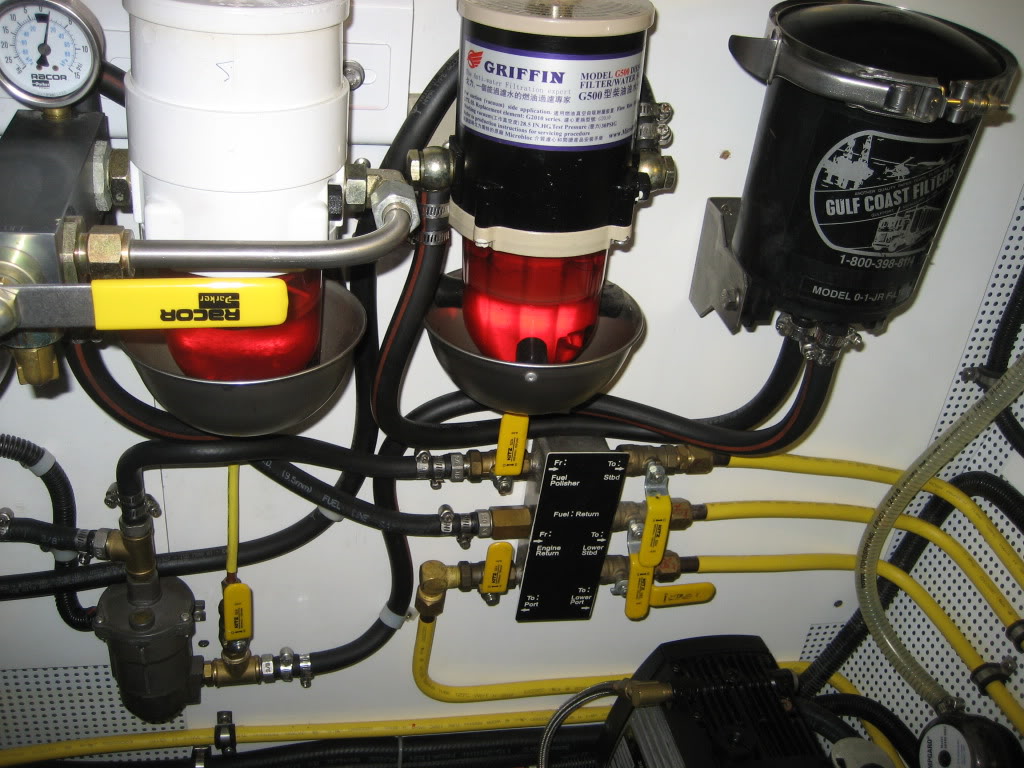Does anyone know what marine spec wire is? ...and who sets those standards???
And not just some engineering standard that applies to 99 percent of all comparable wiring....
I think I posted a link which listed the types and had links to more detailed specs.
Here is a link to the UL standard but requires a purchase. GRRRR....
.Psneeld, I thank you for forcing me to research in more depth this issue instead of trusting the so called " experts", in regards to this spec.
ul-1309.2
coast gaurd spec is in title 33 CFR part 183.430
I think SAE spec is under GPT J1128 & J378 also meets marine specs.
There is more
The Code of Federal Regulations of the United States of America - Google Books
Goverment code title 33 ( parts 125 to 199)
SAE J378-1984 marine engine wiring 183.5: 183.430
J357_1968 high tension ignition cable 183.5: 183.440
J1127-1980 battery cable 183.5: 183.430
J1128-1975 low tension promary cable 183.5: 183.430
J1527-1985 marine fuel hoses 183.5: 183.540
I hate goverment regulation!! GRRRRRR........

I think that covers it and i even included the marine spec for fuel hoses.








 Sometimes one has to cut corners in emergency situations and i discovered by using a stretched wrap of scotch 33 then a coating of pvc glue let dry and then coat again I had a pretty water tight connection. I used this one day to wire a spare sub pump with a 2 inch outlet i needed to keep a beautiful old chris from sinking. I double wrapped the scotch 33 each with a coating of cement. I used used a heat gun and shink tube also and then in the bilge she went and that 2" hose started spitting out water like a fire house. That pump was used for many many years after that just like i had made it. Lets see, that was 1987, and i donated it in 2001 still as built. Don't know how many vessels that old stainless fountain pump saved but as far as I know its still working.
Sometimes one has to cut corners in emergency situations and i discovered by using a stretched wrap of scotch 33 then a coating of pvc glue let dry and then coat again I had a pretty water tight connection. I used this one day to wire a spare sub pump with a 2 inch outlet i needed to keep a beautiful old chris from sinking. I double wrapped the scotch 33 each with a coating of cement. I used used a heat gun and shink tube also and then in the bilge she went and that 2" hose started spitting out water like a fire house. That pump was used for many many years after that just like i had made it. Lets see, that was 1987, and i donated it in 2001 still as built. Don't know how many vessels that old stainless fountain pump saved but as far as I know its still working.

